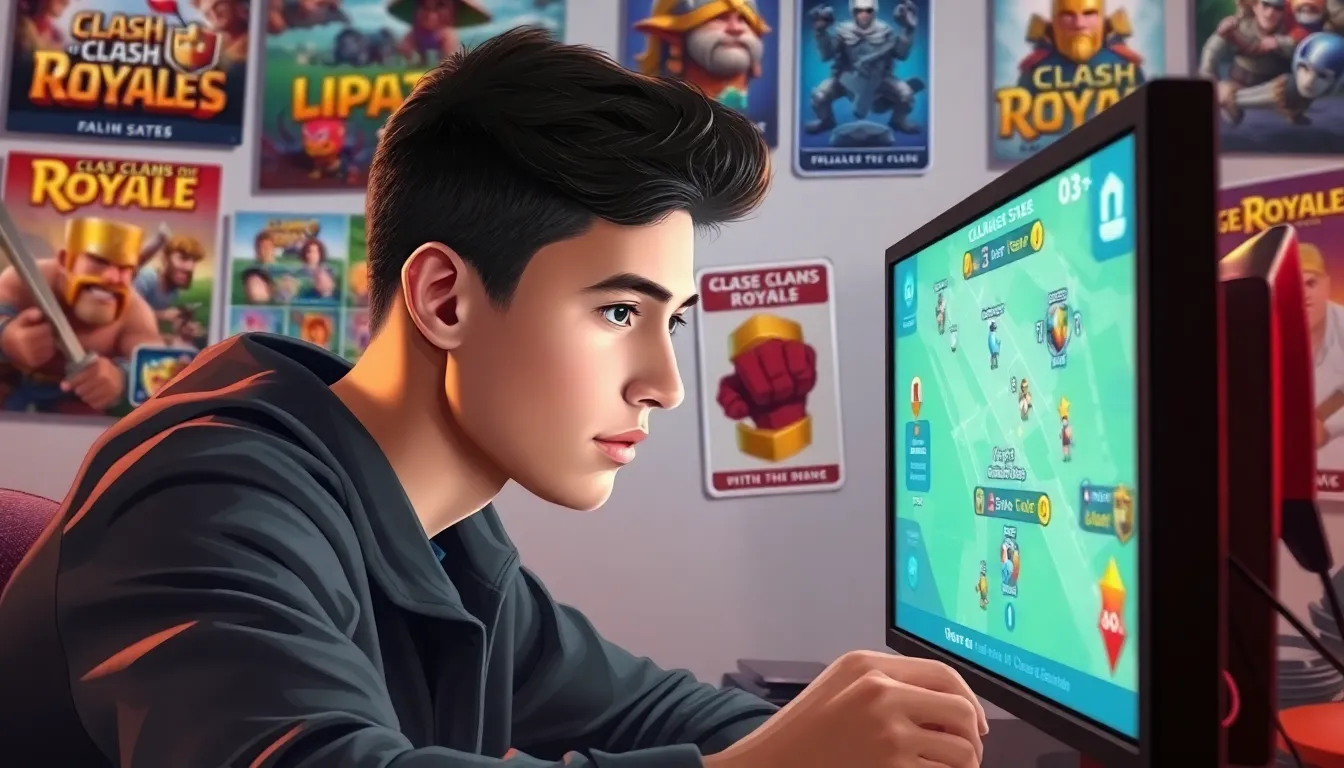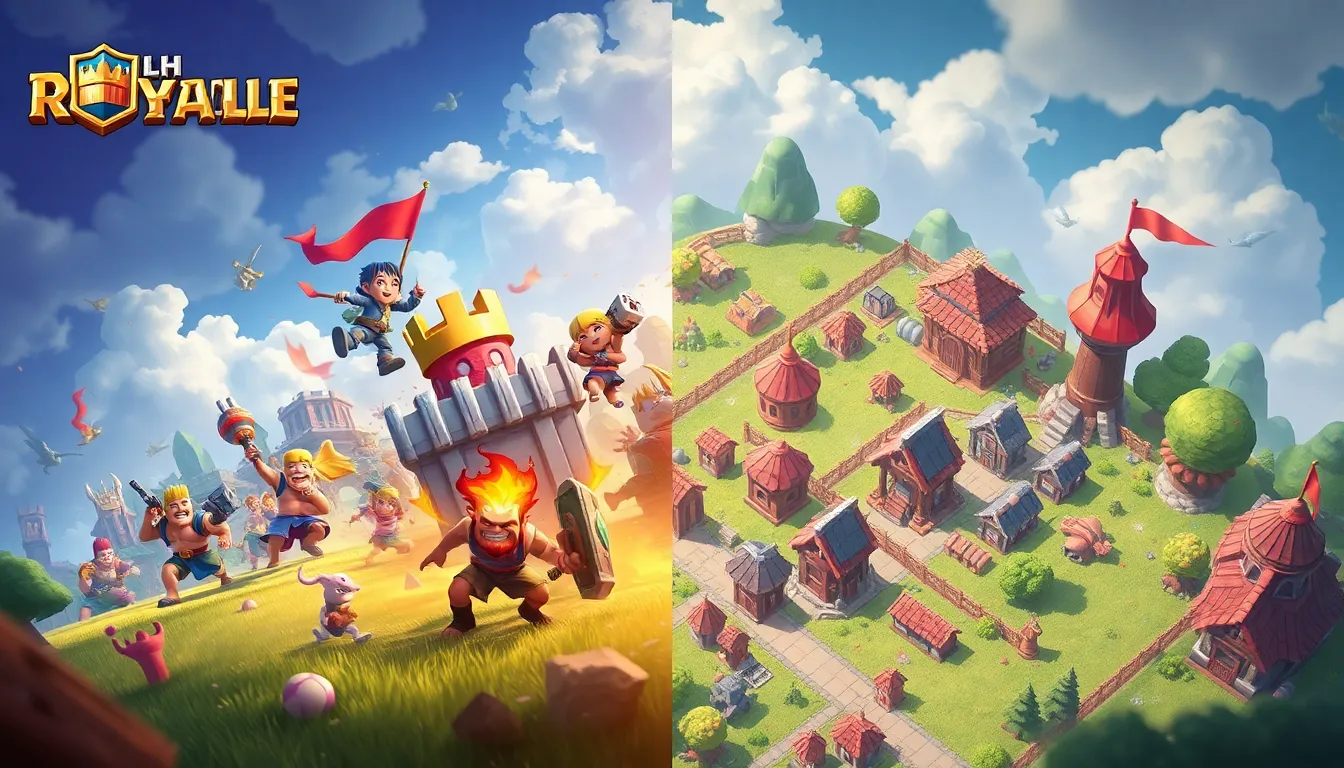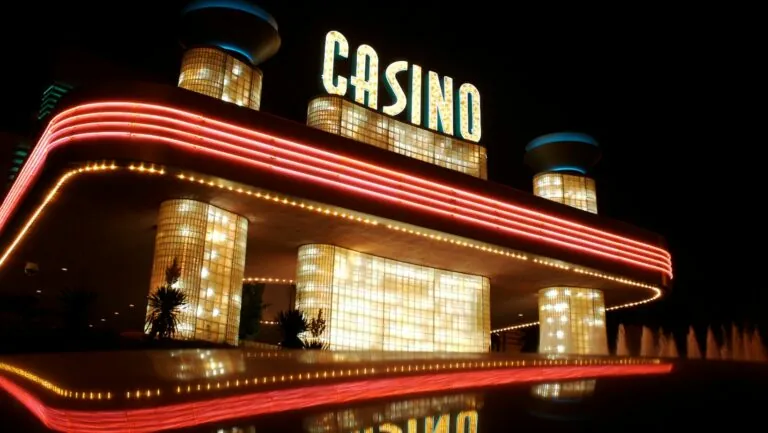In the world of mobile gaming, few rivalries spark as much debate as Clash Royale versus Clash of Clans. Picture this: one game throws you into real-time battles with a dash of strategy and a sprinkle of chaos, while the other has you building a fortress fit for a king, all while fending off pesky invaders. It’s like choosing between a thrilling rollercoaster ride and a cozy evening building LEGO castles—both are fun but in totally different ways.
Table of Contents
ToggleOverview of Clash Royale and Clash of Clans
Clash Royale and Clash of Clans are two iconic mobile games developed by Supercell. Each game offers distinct gameplay, appealing to different types of players.
Game Mechanics
Clash Royale incorporates real-time strategy mechanics. Players engage in direct multiplayer battles, deploying units with varying abilities. Winning requires quick decision-making and tactical placement of troops. Conversely, Clash of Clans emphasizes base-building and resource management. Players construct defenses, train troops, and raid other players for resources. Strategy revolves around planning defenses and executing attack strategies. Each game delivers a unique experience based on player preferences.
Visuals and Design
Clash Royale features a vibrant interface with animated cards that represent troops and spells. The design enhances gameplay by providing immediate visual feedback during battles. Dynamic arenas contribute to an immersive experience. Meanwhile, Clash of Clans showcases a charming, cartoonish aesthetic with intricate details in fortresses and villages. The design fosters an inviting atmosphere, encouraging players to engage in long-term planning. Each game’s visual style complements its mechanics, appealing to a broad audience.
Gameplay Experience

Clash Royale and Clash of Clans each provide distinct gameplay experiences. Players engage in different styles of strategy and interaction.
Strategy Elements
Real-time strategy defines Clash Royale’s gameplay. Players deploy troops and spells in direct opposition, emphasizing quick thinking and immediate response. Each card represents unique units, abilities or defenses, enabling diverse tactics during matches. Strategy in Clash of Clans revolves around base-building and resource management. Players construct defenses, upgrade troops and develop attack plans against enemy bases. Planning offense and defense constitutes critical elements of success. Both games appeal to strategic thinkers, yet their mechanics cater to varied play styles.
Community Engagement
Clash Royale promotes direct player interaction through multiplayer battles and tournaments. Gamers can join clans to participate in clan wars, fostering collaboration and competition. Clash of Clans emphasizes social engagement as well. Players can plan strategies together, share troops and support each other in clan activities. Each title builds community in unique ways, encouraging meaningful connections among players. While both games focus on teamwork, Clash Royale’s fast-paced battles provide instant gratification compared to Clash of Clans’ more gradual progression mechanics.
Character and Troop Development
Character and troop development play vital roles in Clash Royale and Clash of Clans, shaping each game’s strategy and gameplay.
Clash Royale Troops
Clash Royale utilizes a card system, where each card represents a troop with unique abilities, roles, and costs. Players collect and upgrade these cards using in-game resources. Troops vary in types, including melee attackers, ranged units, and spell cards, allowing for diverse strategies. Player choice influences match outcomes, with effective troop combinations creating powerful synergies. Understanding troop strengths and weaknesses can determine success in battle.
Clash of Clans Units
In Clash of Clans, units evolve from common troops to elite fighters, emphasizing upgrading over time. Players train these units in barracks, each type having distinct features and costs. Offensive units include archers, giants, and dragons, while defensive units such as wizards defend against enemy assaults. Players manage troop deployment during raids, orchestrating attacks that leverage unit strengths. Researching unit upgrades in the laboratory enhances performance, creating opportunities for players to improve their offensive and defensive capabilities.
Monetization and In-Game Purchases
Both Clash Royale and Clash of Clans employ monetization strategies that enhance player engagement. These games utilize free-to-play models, allowing users to download and enjoy gameplay without upfront costs. Players can access a wide variety of features. While free access exists, in-game purchases enable players to buy items, boosters, or currencies to accelerate progress. Each game offers distinct types of purchases that cater to different player motivations.
Free-to-Play Models
Free-to-play models entice users with no initial payment. Players can create accounts, test gameplay mechanics, and decide whether to invest in premium features. Clash Royale focuses on purchasing gems to unlock card chests or acquire additional cards. Contrastingly, Clash of Clans offers in-game currency, gems, which can be bought to speed up building or troop training. These models capitalize on player enjoyment and encourage spending by enhancing competitive advantage.
Player Spending Patterns
Player spending patterns reflect diverse priorities within each game. In Clash Royale, competitive players often invest in enhancing card collections and improving card levels to perform better in matches. A significant portion of the player base spends on seasonal passes and special offers. Conversely, players in Clash of Clans typically invest in building upgrades and resource enhancements. This investment often includes purchasing gems for instant building completion. An analysis of in-game economics indicates that spending in Clash of Clans tends to align more with long-term strategy compared to Clash Royale’s quick-paced evolution.
Choosing between Clash Royale and Clash of Clans ultimately depends on individual preferences. Those who crave fast-paced action and strategic battles might lean towards Clash Royale. Its real-time gameplay and vibrant visuals create an exhilarating experience. On the other hand, players who enjoy building and long-term strategy may find Clash of Clans more appealing. The emphasis on base development and resource management offers a satisfying journey.
Both games foster strong community engagement and allow players to connect with others. Whether through intense clan wars or cooperative strategies, each title provides unique opportunities for collaboration. Ultimately, these two games showcase Supercell’s ability to cater to diverse gaming tastes while maintaining their distinct identities.








